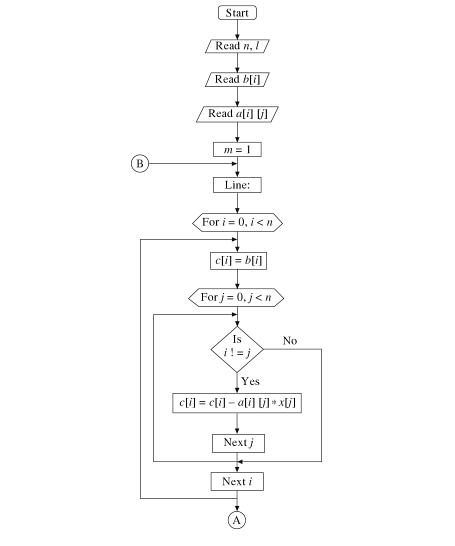
If you have any kind of questions, or if you find some errors, or you have suggestions for improvements, feel free to contact me. I will add more interesting notebooks on these topics in the future. I will upload more notebooks from time to time.Īt the moment, I'm interested in the areas of stochastic processes, Kalman Filter, statistics and much more. If you open a notebook with Github or NBviewer, sometimes mathematical formulas are not displayed correctly.įor this reason, I suggest you to clone/download the repository. you can run the code inside the notebook. Moreover, Jupyter notebooks are interactive i.e. I think that beginners in quantitative finance will find these notebooks very useful! It is not easy to find on internet examples of financial models implemented in python which are ready to use and well documented.

Every notebook contains python code ready to use! Therefore you can select only the notebook you are interested in!

Why is it worth to read these notes?Įvery notebook is (almost) independent from the others. Self-taught students or practicioners should have read at least an introductiory book on financial mathematics. These notes are for students in science, economics or finance who have followed at least one undergraduate course in financial mathematics and statistics. In this way, the reader will be able to immediately understand what I am talking about. However, every time I will introduce a concept, I will also add a link to the corresponding wiki page or to a reference manual. In these notebooks I will not explain what is a call option, or what is a stochastic process, or a partial differential equation. A basic knowledge of python programming is also necessary. These topics require a basic knowledge in stochastic calculus, financial mathematics and statistics. The aim of these notebooks is to present these interesting topics, by showing their practical application through an interactive python implementation. Usually, topics such as PDE methods, Lévy processes, Fourier methods or Kalman filter are not very popular among practitioners, who prefers to work with more standard tools. It contains several topics that are not so popular nowadays, but that can be very powerful.

This is just a collection of topics and algorithms that in my opinion are interesting.

This is a collection of Jupyter notebooks based on different topics in the area of quantitative finance.


 0 kommentar(er)
0 kommentar(er)
